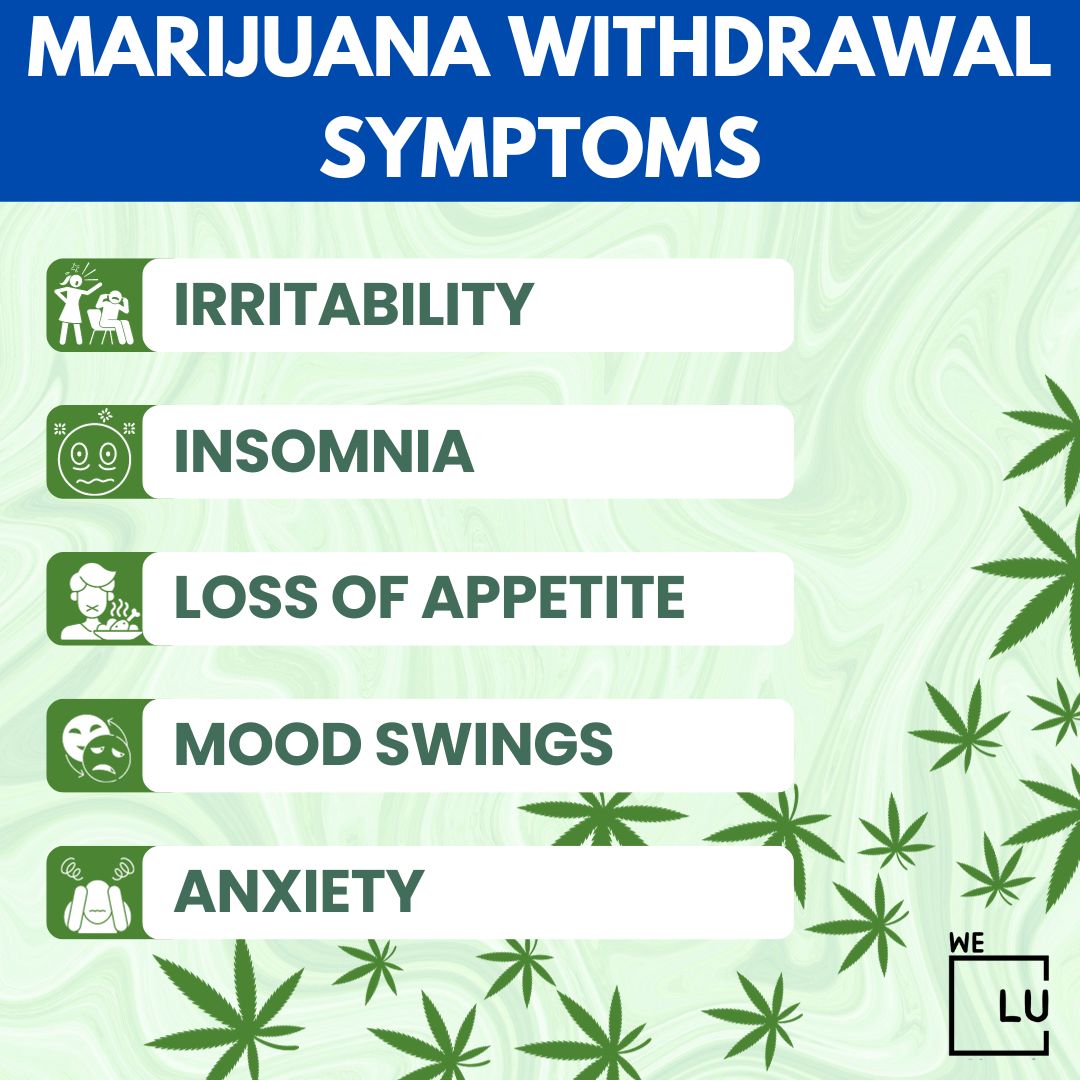A high functioning addict is somebody who appears to be able to live his/her everyday life while struggling with substance abuse at the same time. This can make it hard to recognize their addiction and lead to misconceptions they don’t need assistance. However, addressing the matter is very important to their long-term health and well-being. We will define a high functioning addict, bust myths about this condition, and discuss why intervention is necessary. We Level Up Texas understands high functioning addiction and can provide support and treatment if needed. Learn more about this issue to help your loved one start recovery.
Skip to:
What is a High Functioning Addict?
High functioning drug addict may appear normal and may not be able to tell his/her addiction exists. They tend to have jobs, do household duties, and appear to function well within society. However, substance abuse does come with certain signs and symptoms. The signs may include mood swings, unaccounted absences, and poor physical condition. They may also be secretive, isolate themselves, or change behavior suddenly. On the other hand, a low-functioning addict is significantly disrupted in his/her daily life by the addiction. This may include job loss, broken relationships strained employment, and legal or financial problems. Their addiction is more obvious because it affects their everyday functioning.

Common substances high functioning addicts abuse include alcohol, prescription drugs, and stimulants. These may be used to deal with stress, improve performance, or self-medicate issues underlying stress. Identifying these signs before it gets worse is necessary for helping and preventing more damage. These are the signs and symptoms to look for:
- Mood swings
- Absences with no explanation
- The decline of the physical health
- Secrecy and isolation
- Sudden behavioral changes
How to Identify a High Functioning Drug Addict?
A high-functioning drug addict is tricky to identify because they can carry on responsibilities while addicted. Behavioral and physical indicators help spot the signs. High functioning addicts often deny the addiction and make excuses for their actions. They may begin using more than intended, and give up hobbies and social circles to spend time with substance users. They may also have financial or mysterious health problems – like feeling ill in the mornings from withdrawal symptoms as well.
Changes in professional and private life also indicate a functioning addiction. These people may still do well at work but slowly lose their productivity and commitment. They may avoid family and friends to conceal their addiction. In their private lives, they may neglect relationships and responsibilities, and put substance use first. Identifying these signs early allows for appropriate help and support to be found.
Get Help. Get Better. Get Your Life Back.
Searching for Accredited Drug and Alcohol Rehab Centers Near You? We Level Up Texas Is Opening Soon!
Even if you have failed previously and relapsed, or are in the middle of a difficult crisis, we stand ready to support you. Our trusted behavioral health specialists will not give up on you. When you feel ready or just want someone to speak to about therapy alternatives to change your life call us. Even if we cannot assist you, we will lead you to wherever you can get support. There is no obligation. Call our network hotline today.
FREE Addiction Hotline – Call 24/7How to Help a High Functioning Addict?
Helping a high functioning drug addict involves understanding his/her challenges as the first step. High functioning addicts maintain jobs and social lives that make them difficult to identify as addicted. They might not look like the typical addicts but can still face serious consequences. Learn as many things as possible about addiction to understand their situation better. Find out what substances they may be using. A high functioning drug addict might deny having a problem and need empathy and understanding.

Educate yourself about addiction. Recognizing their challenges is very important. Watch for increases in secrecy, reduced work performance, or a change in social behavior. Understanding these indicators can help with support. Being aware of the addiction enables you to guide them toward expert assistance and have educated conversations with them.
Communicating Your Concerns
Empathy and care are required when speaking to a highly functioning drug addict. Begin by stating that you care about them instead of talking about their behavior first. Use “I” statements – “I worry about you because….” This avoids making them defensive. Listen to their responses and show you care about their perspective. Being non-judgmental can encourage an open and honest conversation.
A constructive conversation takes preparation and patience. Pick a private, comfortable location for both of you. Be specific about behaviors that concern you and describe the way they impact you and others. Offer support and suggest getting professional help together. Stress that they are not alone and that you are supporting them. This can encourage a positive dialogue and perhaps they will consider treatment.

Get Your Life Back
Find Hope & Recovery. Get Safe Comfortable Detox, Addiction Rehab & Dual Diagnosis High-Quality Care.
FREE Addiction Hotline – Call 24/7Encouraging Professional Help
Encouragement of a high functioning addict toward professional help is hard but necessary. One effective option is inpatient rehab, which provides a structured and supportive environment. Inpatient rehab in Texas provides medical detox, therapy, and aftercare planning. Such programs remove the person from their usual environment, reducing triggers/temptations. Explain to your loved one how inpatient rehab allows them to concentrate on their recovery and not on their daily distractions.

Give facts and success stories from reliable sources to reassure them. Highlight that inpatient rehab offers patients individualized treatment plans. Stress the importance of 24/7 medical and emotional help for a quicker recovery. Encourage them to take that first important step by showing support and commitment to them.
Dual Diagnosis Treatment
Addressing co-occurring mental health issues alongside addiction is necessary for effective recovery. Dual Diagnosis treatment at We Level Up Texas focuses on treating both addiction and mental health disorders simultaneously. This integrated approach is crucial because untreated mental health issues can badly affect addiction recovery, and vice versa. Our specialized programs provide therapy, medication management, and holistic treatments. This covers all aspects of a person’s health. We treat the whole person so that we increase long-term recovery and well-being. Dual diagnosis treatment in Texas might be the key to your success in case you or maybe someone you know has addiction or psychological issues.
Dual diagnosis programs meet individual care needs. These programs may include inpatient and outpatient options based on the severity of the condition. Inpatient care is structured with 24/7 support for severe cases. Outpatient programs provide ongoing support while allowing people to continue with their daily activities. Also, dual diagnosis treatment may involve family therapy, group therapy, and support groups.
Supporting Through Recovery
Supporting a loved one through recovery usually requires emotional support. This may make them feel less isolated and connected to their journey. Do things without triggers – walk or have a coffee together. Listening without judgment is important. Encouragement of them to share their feelings or struggles can help them recover. Empathy and patience build an emotional foundation for a more solid recovery.

Management of stress and avoiding triggers are important aspects of helping someone in recovery. Help your loved one identify stressors and develop coping strategies. This could be mindfulness, regular physical activity, or hobbies that promote relaxation. Encourage healthy lifestyle changes – eating right and sleeping enough – if possible. These practices reduce relapse risk and improve health. Understanding addiction and its triggers can help you provide more compassionate support.
Utilizing Support Groups
Community support is also very important during recovery. Texas support Groups for Families of Addicts offer experiences, advice, and emotional support. These groups help families understand addicts and teach you how to support them. They also create a sense of community and reduce feelings of isolation. Support groups may help with coping, new perspectives, and resilience. By joining such groups, families can build support for themselves through the addiction recovery process. Family involvement in support groups has proven to improve outcomes for people in recovery.
Opening Soon! First-Class Facilities & Amenities
World-Class High-Quality Addiction & Mental Health Rehabilitation Treatment
Coming Soon! Rehab Centers TourRenowned Addiction Centers. Serene Private Facilities. Inpatient Rehab Programs Vary.
FREE Addiction Hotline – Call 24/7Proven recovery success experience, backed by a Team with History of:
15+
Years of Unified Experience
100s
5-Star Reviews Across Our Centers
10K
Recovery Success Stories Across Our Network
- Low Patient to Therapist Ratio
- Onsite Medical Detox Center
- Comprehensive Dual-Diagnosis Treatment
- Complimentary Family & Alumni Programs
- Coaching, Recovery & Personal Development Events
Prescription Drug Abuse
Addiction affects thousands in Texas. Approximately 1.4 million residents abuse alcohol and approximately 503,000 use illegal drugs, based on new statistics. Nevertheless, just 50,000 are treated for alcohol dependency and approximately 43,000 annually look for help with drug abuse. This gap demonstrates the need for increased access to rehabilitation services and their utilization.

The complexity of addiction to medications originally prescribed for medical reasons makes prescription drug abuse especially challenging. Oxycodone, benzodiazepine, and stimulants present a significant threat of physical and mental dependence. Recognizing the signs and seeking specialized help early is important. Prescription Drug Abuse treatment in Texas targets those with prescription medication addiction. Treatment may include medical detox to manage withdrawal, therapy to address broader issues, and support groups to avoid relapse.
Your Role in Helping a High Functioning Drug Addict
Helping a high functioning addict requires understanding, empathy, and informed action. Recognize their challenges and learn about addiction. Honest, nonjudgmental conversations might open doors to professional help. Encourage them to look into inpatient rehab options – like those in Texas – for complete care. Support through recovery including managing stress, encouraging healthy lifestyle changes, and accessing community resources. We Level Up Texas is at your disposal. Keep in mind – your support can make a huge difference in their path to recovery! If you or perhaps a relative have difficulties, get professional help and get started on a healthier path.
Start a New Life
Begin with a free call to an addiction & behavioral health treatment advisor. Learn more about our dual-diagnosis programs. The We Level Up treatment center network delivers recovery programs that vary by each treatment facility. Call to learn more.
- Personalized Care
- Caring Accountable Staff
- World-class Amenities
- Licensed & Accredited
- Renowned w/ 100s 5-Star Reviews
We’ll Call You





